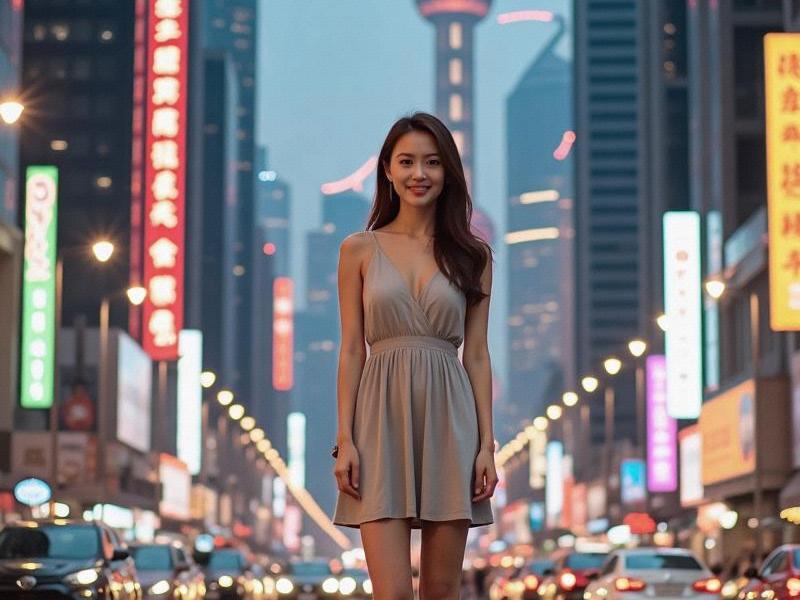
Section 1: The New Generation Entertainment Hubs
Shanghai's club landscape has evolved into three distinct categories:
1. Luxury Experience Clubs (32% market share)
- Average spending: ¥2,800/person
- Augmented reality dance floors
- Celebrity chef collaborations
- AI mixologists creating personalized cocktails
2. Cultural Fusion Venues (41% market share)
- Blending traditional Chinese elements with modern tech
- Digital ink-wash painting projection mapping
阿拉爱上海 - Interactive Peking opera performances
- Tea-infused cocktail menus
3. Corporate Entertainment Complexes (27% market share)
- Integrated meeting/entertainment spaces
- Soundproof negotiation rooms with KTV
- Facial recognition VIP systems
- Blockchain-based membership programs
Regulatory Landscape
Key 2025 Changes:
- Stricter noise pollution controls (-18% complaints)
上海龙凤419自荐 - Enhanced fire safety requirements
- Digital alcohol consumption monitoring
- Mandatory staff welfare standards
Consumer Behavior Shifts
Notable Trends:
- 68% prefer "experience" over "consumption"
- 53% book through metaverse previews
- Average stay duration: 2.7 hours (down from 4.1 in 2020)
- 42% combine business with entertainment
Economic Impact
上海龙凤419社区 Industry Statistics:
- ¥28 billion annual revenue
- 89,000 direct employment opportunities
- 62% foreign investment in high-end segment
- 14% annual growth rate since 2022
Future Outlook
Emerging Concepts:
- Holographic host clubs
- Climate-controlled outdoor venues
- Neurotechnology-enhanced experiences
- Subscription-based membership models
Shanghai's entertainment industry demonstrates how traditional nightlife can successfully evolve through technological innovation, cultural preservation, and responsible governance - creating a model for global cities navigating the complex balance between entertainment, regulation, and urban development.
